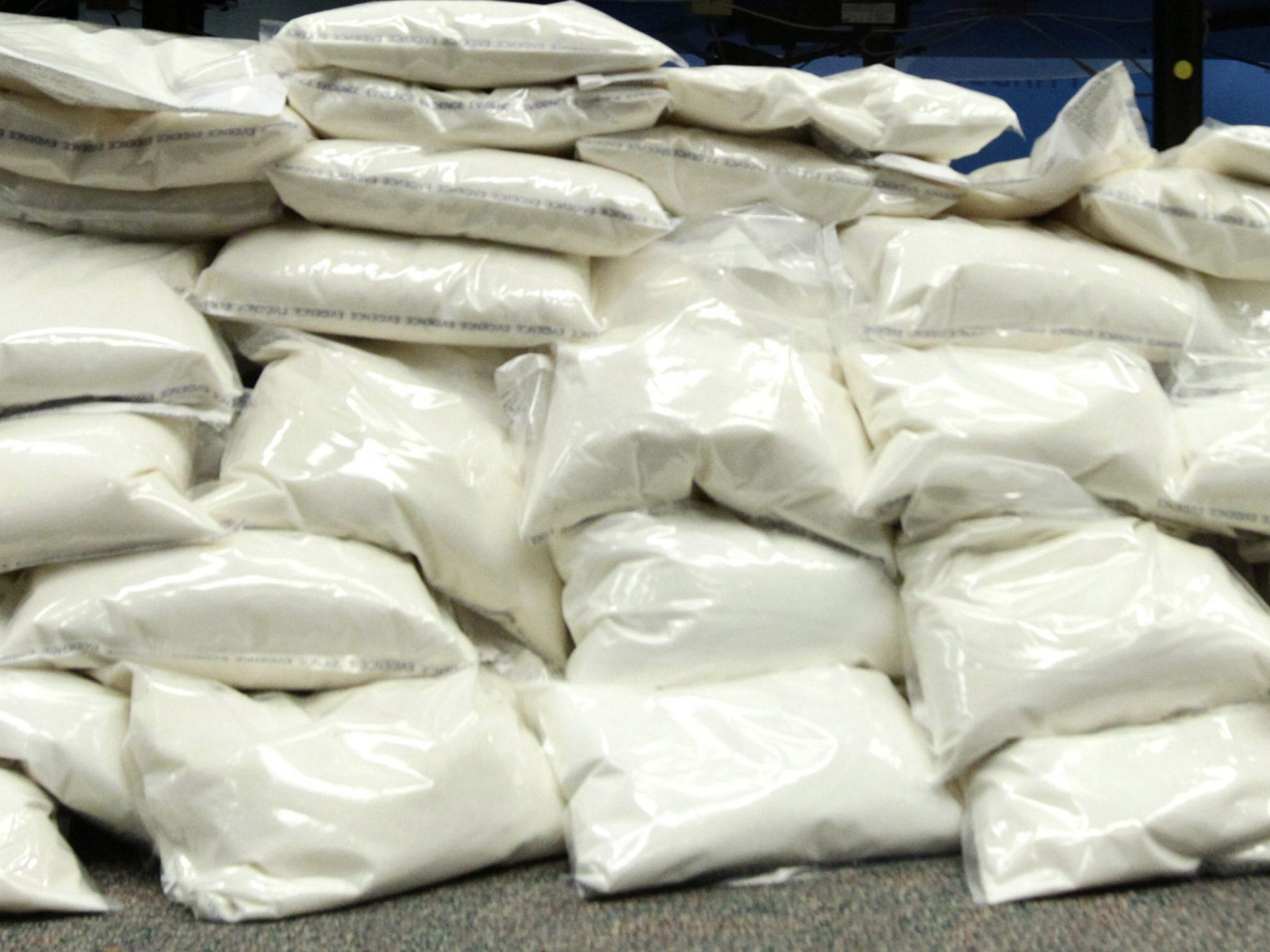Tranquilliser ketamine will be upgraded to Class B

Ketamine, the horse tranquiliser that has become a popular party drug, is to be upgraded from a class C to a class B banned substance by the Government in an attempt to deter its increasing use.
The drug, also known as Special K, is being reclassified following warnings about its physical and psychological damage. The maximum penalty for unlawful possession will increase from two to five years in jail following reclassification.
The move came as an inquest in Winchester, Hampshire, heard that Ellie Rowe, 18, died after taking the drug at the Boomtown Fair festival in Winchester last summer.
Her father, Anthony Rowe, from Glastonbury, Somerset, said: “It’s an absolute tragedy, it was one act of stupidity and that can destroy a family.”
Originally an anaesthetic used by vets, an estimated 120,000 people in Britain use ketamine. Between one and two per cent of 16 to 24-year-olds are believed to have tried it.
Two months ago, the Advisory Council on the Misuse of Drugs recommended the upgrading following evidence that long-term use can cause serious bladder damage and in extreme cases require the organ’s removal.
Announcing the reclassification, the crime prevention minister, Norman Baker, said he hoped to send a message that the drug is harmful. But he also signalled his scepticism over effectiveness of the 40-year-old classification system to control drug use.
Speaking at a drug treatment centre in west London on Wednesday, Mr Baker said: "What I do think is in the short term there's a message that needs to be sent on ketamine. In terms of where we're going in 20 or 30 years’ time, in terms of the optimum method of minimising drug use then I'm not sure.
“It certainly after all hasn't stopped drug use by classification. But what it does do is send a message to those who are interested.
“You have to assume some drug users actually care about their bodies, therefore saying to them this is more dangerous than that, what they will take into account and what they will actually do.”
Join our commenting forum
Join thought-provoking conversations, follow other Independent readers and see their replies
Comments
Bookmark popover
Removed from bookmarks